Yes, And

Begin the song exactly where you are...
A small bit of personal trivia which will not surprise any regular readers: I did a lot of theatre in high school.
I loved theatre games, and perhaps best of all, improv games. A favourite was the tried and true and oh so simple game “freeze.” Two actors begin on stage, improvising some scene, bouncing off each other’s creative, dynamic story telling, weaving a narrative together that often dissolved into laughter. Sometime while the story unfolded, another actor would yell “freeze!”, the two actors would freeze mid motion, and the shouter would take one of their places, initiating a new scene in the frozen position. Hilarity often ensued, and there was nothing like the soaring satisfaction of telling a story well, making the audience laugh, engaging in the dance of creativity with another willing soul.
There was only one rule in this game: Yes, And.
You must always take the cues of your fellow actor. If they say “the purple elephant has gotten out of the grocery store” you must take this proclamation as gospel. But this doesn’t mean you’re stuck, you get to add your own voice to the story too, and your partner must listen.
Why am I apprising you of my misspent, theatrical youth?
Because I have realised that life also operates by the Yes, And principle. We all find ourselves in stories that are not entirely of our own making. We can shape our stories, but only when we are first willing to accept them as they are, regrets and radiances all accepted. Only when we see life with clear eyes and stubborn acceptance can we add our “And” to life.
But it’s more difficult to say Yes to life than you might think. We humans are masters of self deception, always convincing ourselves that we’re in a different story than we actually are, trying to make people into villains or heroes when they’re only human, convincing ourselves we’re beyond repair or reproach. Sometimes we avoid saying Yes to life because we are afraid of looking life square in the eye, afraid because we know we’ll find unspent griefs, unmet desires, regret and shame.
Life is a jumble of miracles and disappointments., so how do we tell a good story with our lives? How do we sing a good song? I think we can begin here:
Begin where you are.
Grieve what you must.
Do what you can.
This week’s episode explores these three convictions through the lens of three works of art. Listen in at the link above, and follow along in the notes below.
Begin where you are… Literary — The Singing Bowl by Malcolm GuiteThe Singing Bowlby Malcolm GuiteBegin the song exactly where you are,
Remain within the world of which you’re made.
Call nothing common in the earth or air,
Accept it all and let it be for good.
Start with the very breath you breathe in now,
This moment’s pulse, this rhythm in your blood
And listen to it, ringing soft and low.
Stay with the music, words will come in time.
Slow down your breathing. Keep it deep and slow.
Become an open singing-bowl, whose chime
Is richness rising out of emptiness,
And timelessness resounding into time.
And when the heart is full of quietness
Begin the song exactly where you are.
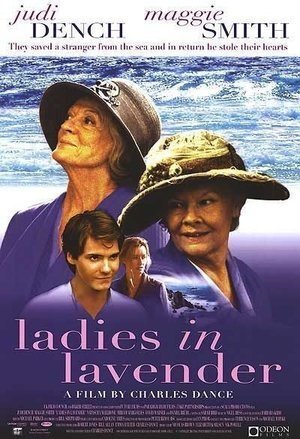
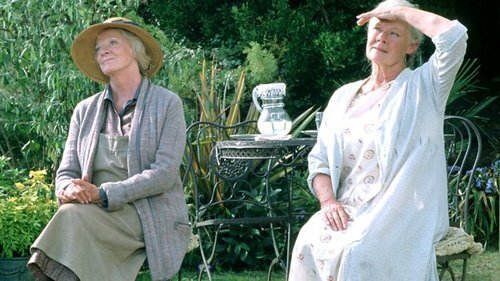
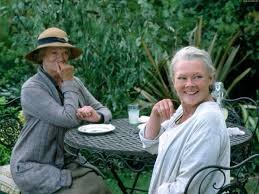
Ladies in Lavender is a story about sisters, memories, disappointment and surprise.
When a handsome, foreign musician washes up onto the shore of a pair of spinster sisters, excitement abounds. The sisters, who have lived a good, but boring life, find great delight, interest, and purpose in taking care of this talented young man. However, the unfulfilled desires of one sister’s youth jeopardise the delight of having the young man there.
The story teaches us that we must let go of our old disappointments to be able to properly enjoy the unexpected gifts that may come our way in life.
Do what you can… 3. Musical — “Soliloquy” and “Javert’s Suicide” from Les MiserablesIn the musical, the similarities of Javert and Valjean are reflected in the fact that the “Soliloquy” (Valjean’s redemption scene) and the “Suicide” (Javert’s demise) are musically almost identical. Both scenes centre around an act of mercy which changes Javert/Jean Valjean’s sense of identity and control. They are faced with a choice: Live the new life given offered to them, or descend into deception, or worse, death.
(start at 1:06 for Javert’s solo)
Both men are faced with a choice: live into the new reality you’ve been, or diminish, because they cannot go back to life before the act of mercy which marked their fate.Jean Valjean accepts his new fate, allowing hi soul to be “bought for God,” and becomes an agent of mercy in the lives of others. Javert refuses to accept his mercy marked identity and destiny, choosing to commit suicide rather than to live a life he could not understand or define. While our rejection of reality may not be as severe as Javert’s, we can refuse to accept a story that we didn’t get to tell, falling into the darkness of self deception, manipulation, and waste.
We are faced with the same question: will we accept the life purchased for us by mercy and become an agent of mercy? Further Reading: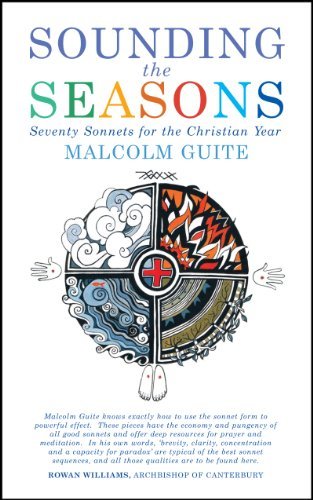
Sounding the Seasons: Seventy sonnets for Christian year
By Malcolm Guite

Waiting on the Word: A poem a day for Advent, Christmas and Epiphany
By Malcolm Guite

Les Miserables
By Victor Hugo
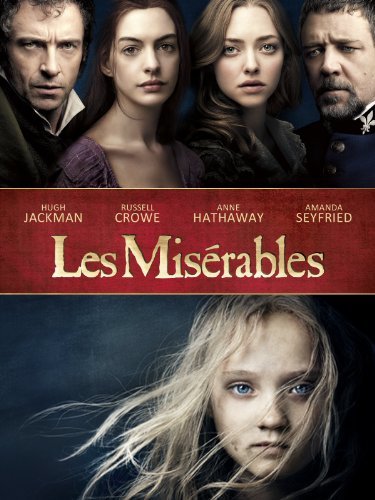
Les Miserables (2012)
Starring Russell Crowe, Anne Hathaway, Amanda Seyfried Hugh Jackman
Thanks for stopping by! Tune in next week for my advent series!do you enjoy speaking with joy? consider supporting me on patreon!
Joy Marie Clarkson's Blog
- Joy Marie Clarkson's profile
- 227 followers



